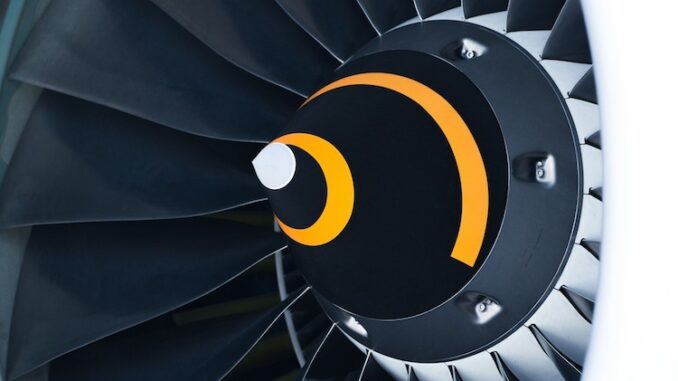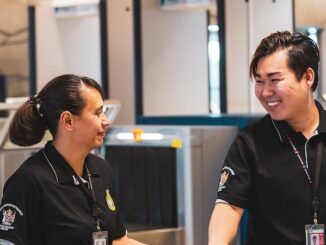
International Air Transport Association (IATA) calls for the rapid adoption of digital identity technologies to enhance aviation security and operational efficiency, writes Nicholas Dynon.
Leading government and industry stakeholders in aviation security participating in a key aviation sector conference in March made the push for digital identity adoption, emphasising the need for collaboration in implementing Verifiable Credentials (VC) and Decentralised Identifiers (DIDs).
Attending the Sydney Leaders Week Conference, hosted by Qantas, were industry experts and government representatives from Australia, Canada, China, New Zealand, the UK, and the US.
According to IATA, it is widely accepted that digital identity can benefit aviation security through:
- Stronger Document Integrity: Reducing fraud and unauthorised access.
- Global Trust: Enabling secure, cross-border, interoperable identity verification.
- Operational Efficiency: Streamlining document verification for a smoother passenger experience, strengthening regulatory oversight, and optimising resource allocation.
“Global cooperation keeps flying secure. Adopting Verifiable Credentials and Decentralised Identifiers standards is a natural next step in reinforcing security, trust, and efficiency,” said Nick Careen, IATA’s Senior Vice President, Operations, Safety and Security.
“Every aviation stakeholder wants flying to be even more secure—which crosses geopolitical divides. The technology is ready and proven. We now need to take the momentum of this meeting and work towards obtaining a recommendation at the upcoming ICAO assembly later this year,” he said.
Strengthening security through digital transformation
Aviation security leaders at the conference identified several key actions for governments to drive the industry’s digital transformation, including:
- Fast-Track Technology Integration: Incorporate VC and DID technologies into national and international security frameworks, aligning with ICAO Annex 17 and Aircraft Operator Security Programs (AOSP).
- Prioritise Aviation Digital ID Use Cases: Integrate aviation digital identity solutions into national digital strategies to enhance global cooperation.
- Invest in Capacity Building: Allocate resources to equip industry stakeholders with the necessary knowledge and infrastructure for seamless implementation.
- Increase Stakeholder Engagement: Promote awareness and industry-wide adoption of digital identity solutions through targeted education and outreach.
Industry working to support governments
IATA’s One ID initiative promotes globally interoperable digital identity standards, enabling passengers to verify their travel documents before departure and move through the airport using biometric recognition instead of physical documents.
One ID works together with ICAO’s Digital Travel Credential to deliver security and efficiency while maintaining privacy and compliance with global regulations. IATA is also advancing its Aviation Security Trust Framework, which sees regulatory alignment, cross-sector collaboration and infrastructure as critical components to realise the benefits of digital identity in global aviation.









